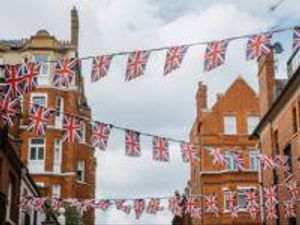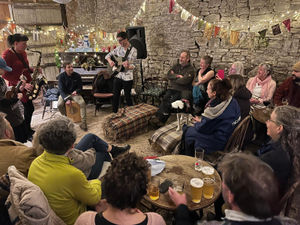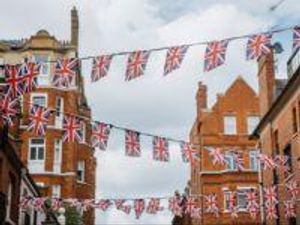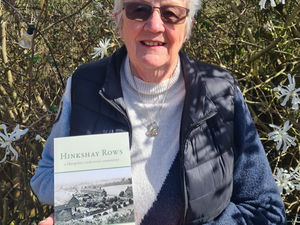Scandalous ditty lambasting Clive is to be sung again after 250 years
It was a scurrilous election song, which aimed to turn a Shropshire town against the newly-arrived "nabob" Robert Clive.
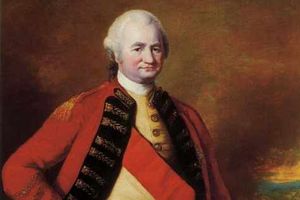
And tomorrow it will be sung for a modern generation of townsfolk – for possibly the first time in around 250 years.
The original song sheet was bought two years ago at an auction in Cumbria by former Bishop's Castle resident Maurice Wright who recognised its local interest.
It is now to be performed by local singer Ian Wall in a special evening which is part of this year's celebration of Bishop's Castle Town Hall's 250th anniversary.
It is raising cash for the Town Hall Trust, a charity set up in 2012 to manage the restored town hall.
Written in about 1765, the song called "The Taylor's Card" is addressed to the Burgesses of Bishop's Castle and sets out to stir them into opposition to the political ambitions of the "nabob" Robert Clive, Clive of India, who was the new owner of nearby Walcot Hall. The song bought by Mr Wright was previously unknown to researchers. He alerted the House on Crutches Trust and the song and a second similar song were bought for the town council as part of the town hall renovation.
The term "nabob" was used for people, like Clive, who made their fortunes working for the British East India Company and returned to England to buy seats in Parliament. The thrust of the song is to urge people to vote for "Waring of Owlbury" rather than Clive.
Mr Wall, from Bishop's Castle, said: "There's a slight problem in that there is no tune, so I have made one up to go with it. Waring was a local landowner, as I understand it."
One part of the lyrics goes: "As for Lord Clive, he has gotten some pelf; but nobody knows how it was but himself" – pelf means money.
The evening at the town hall is called "Blake, radicalism and popular protest" and the speaker is Professor Brian Maidment, who will take the audience back to the late 18th century to consider the state of society then and the voices of protest from the time, paying particular attention to one passionate voice, poet William Blake.


